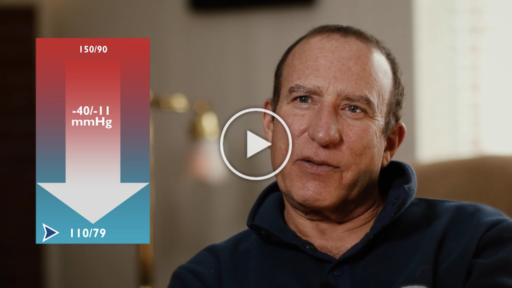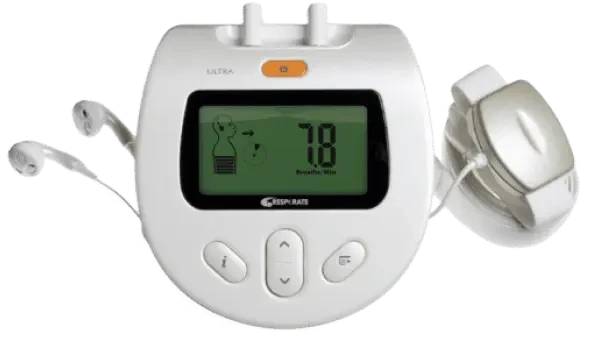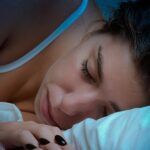Do people who sleep together sleep better than couples who don’t? Apparently not always. In fact many couples having this problem are getting a “Sleep Divorce”. Rather than suffering and trying to get by on very little sleep, this couples move to separate bedrooms.
For example I am the type of individual who needs to be in bed early. 10:00 PM would be great, but I work until 12:00 every day. But as soon as I am finished I am off to bed and up early. My wife, on the other hand, is up until about 4:30 A.M and sleeps till about 11:00, sometimes 12:00. I thought maybe there was something wrong with us, but it turns out we are not alone
Case In Point
They learned about each other’s sleep problems by accident. They were having a cookout with three families not long ago, and the children were off playing by themselves. The couples sat down for an adult conversation that might otherwise have turned to Hollywood, parenting or Donald Trump, when suddenly one of the women announced she had a confession: She never got to see her husband.
She said she collapsed into bed soon after the children went to sleep, then woke up wired at 4:30 a.m., anxious about work deadlines. He came home late from his job, played with the children for a time, then went to bed after 11 p.m.
Instead of finding this situation unusual, every other person at the table had a similar story. One spouse liked to meditate in the morning, another liked to binge-watch television at night; one liked reading when the house quieted down after midnight, another liked making coffee before the house got chaotic at dawn.
Opposite Sleep Schedules
One thing they all had in common is that they had radically incompatible sleep schedules with their spouses. Another is that they weren’t sure whether this was good or bad for their relationship.
In recent years, a consensus has emerged that sleep is a critical health issue, but researchers have largely focused on individual behavior.
One area that has lagged behind is what researchers calls dyadic sleep, or sleep concordance. Sixty percent of people sleep with another person. When one person has sleep issues, both can suffer.
Sleep Disorders
Certain sleep disorders, like snoring, have been shown to reduce the quality of relationships, largely because the person hearing the snoring experiences disrupted sleep. Women living with snorers, for instance, are three times as likely to report sleep problems themselves. Insomnia has also been linked to lower relationship satisfaction.
Research into couples’ sleeping patterns reveals a curious dynamic. When objective measures like brain waves or eye movements are examined, people are found to generally sleep better when they sleep by themselves than when they sleep with a bed partner.
Yet when they’re asked about sleeping alone, people say they are less satisfied.
Times Have Changed
A chief impediment to sleeping together is different preferences for what time to go to bed. As early as the 1970s, researchers began looking at the distinction between morning people and night people, often referred to as “larks” or “owls.”
Invented in 1976, the Morningness-Eveningness Questionnaire became a popular self-assessment that uses 19 questions to help determine what time of day a person’s alertness peaks.
More recent research has shown the variance is largely determined by genetics, with some input from age and gender.
Till Roenneberg, a professor of chronobiology at Ludwig-Maximilian University in Munich, studies the biological roots of sleep. He told me that each person has a sleep chronotype, an internal timing profile that is specific to that individual and can vary up to 12 hours with others.
When I asked how many different chronotypes there are, he likened them to foot size and fingerprints, meaning there is an infinite number because everyone is unique.
Instead of dividing ourselves into owls and larks, he stressed, we should be speaking of an owl-lark spectrum.
Mr. Roenneberg says the best way to determine your chronotype is to identify your preferred midpoint of sleep. To do that, calculate your average sleep duration, divide the number in two, then add the outcome to your average bedtime on free days.

 Eli Ben-Yehuda
Eli Ben-Yehuda 












 Download Brochure
Download Brochure
Comments